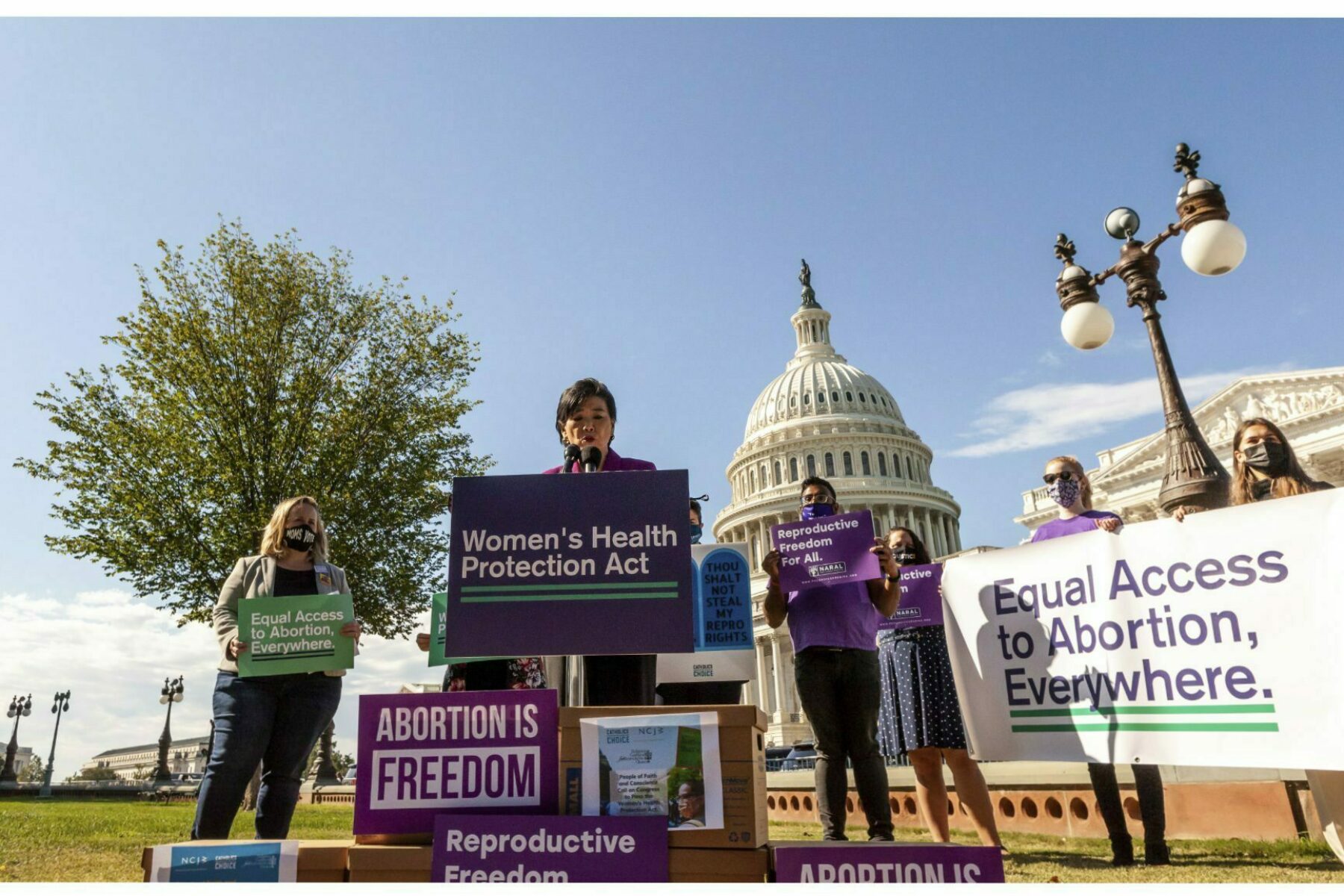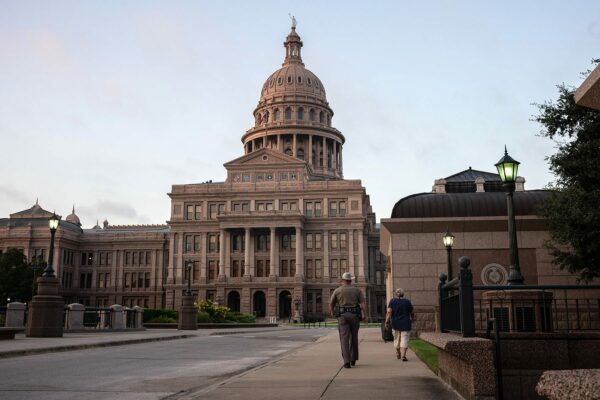He lied and put others at risk, and he has no one but himself to blame.
By the Editorial Board of the St. Louis Post-Dispatch
JANUARY 18, 2022 —
Top-ranked tennis star Novak Djokovic finally got his comeuppance for reckless behavior unbecoming of a global sports ambassador. Australia's government deported him, and his exclusion from the Australian Open stalls Djokovic's quest for a record 21 major championship titles.
Even if he does ultimately outshine rivals Roger Federer and Rafael Nadal on the court, he has ensured he'll forever walk in their shadows as players who recognize their roles as leaders on the world stage and who inspire fans young and old by behaving honorably and responsibly.
Djokovic has no competitors for top ranking in defiant ignorance and selfishness. In June 2020, while the rest of the world remained locked down following a crushing wave of coronavirus deaths, Djokovic organized several exhibition matches that resulted in multiple players, including Djokovic and his pregnant wife, becoming infected with the virus.
Players made no effort to socially distance themselves. They partied mask-free after hours as if pandemic precautions didn't apply to them. Djokovic apologized, but clearly he had learned nothing from the danger to which he exposed his friends, wife and unborn child.
Early last month, Australian Open officials made clear that vaccinations were required for entry into a country that had sacrificed heavily to keep the pandemic at bay, enduring months of lockdowns and achieving a nearly 80% full vaccination rate. Djokovic made no apparent attempt to protect himself from exposure ahead of the open.
On Dec. 14, he attended a professional basketball game and was photographed hugging players who later tested positive. Two days later, Djokovic tested positive. He continued to travel abroad and pose for photos with children and adults. He lied on his Australia visa form about where he had been.
Djokovic now faces a potential three-year ban from Australia and could be blocked from the French Open in May. He has no one to blame but himself. Djokovic might argue that he is meticulous about everything that could affect his physical performance, and that he doesn't want to risk vaccine side effects. But the facts of his case simply don't bear that argument out. He appears simply not to want to abide by the rules his fellow players follow.
Sadly, he's not alone. Green Bay Packers quarterback Aaron Rodgers, top contender for the NFL's most valuable player award, lied about his vaccination status and subsequently tested positive. He missed a single game and was fined.
Three Tampa Bay Buccaneers players forged their vaccination documents, receiving three-game suspensions without pay. They were heedless of the danger to which they exposed their own coach, Bruce Arians, after his multiple bouts with cancer, one of which led to the removal of a kidney.
It's time for the sports world — officials, fans and companies that pay top-dollar for product endorsements — to stop giving stars a pass for behaving as if the rules don't apply to them.









